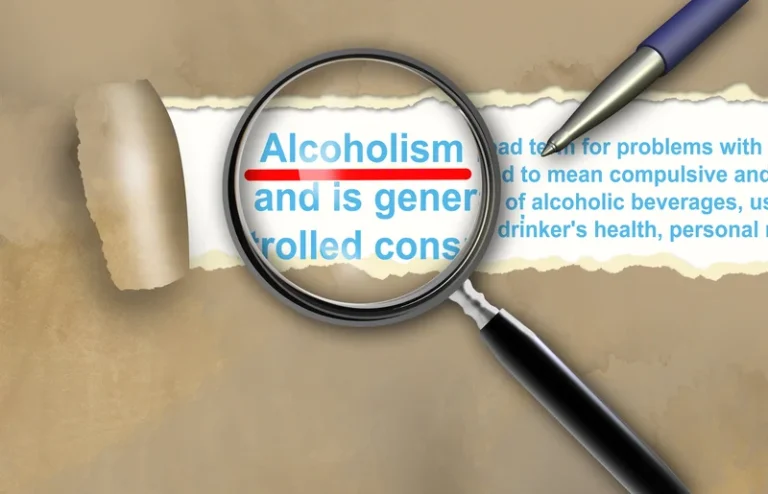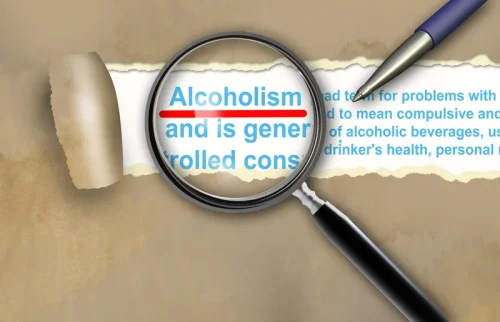What is the Purpose and Goal of A A. Alcoholics Anonymous

Remember a time when they could answer yes to many of these same questions. Admitting you might need help, or admitting that you’re an alcoholic, takes courage. There are a lot of resources that may help you decide whether AA could be right for you. If you want to keep drinking, that’s your business.If you want to stop, that’s our business. To help you decide whether you might have a problem with drinking, we’ve prepared these 12 questions. All the great faiths are represented in our Fellowship and many religious leaders have encouraged https://ecosoberhouse.com/what-are-sober-living-houses/ our growth.

Recovery Programs
AA meetings differ in format, with variations including personal storytelling, readings from the Big Book, and open discussions. While certain meetings may cater to specific demographic groups, attendance is generally open to anyone with a desire to stop drinking alcohol. The organization is self-supporting through member donations and literature sales. Its operations follow an «inverted pyramid» Drug rehabilitation structure, allowing local groups significant autonomy.
- They had lost family, possessions and self-respect.
- This flyer presents basic information on Alcoholics Anonymous both for those who think they may have a drinking problem and for those who come in contact with them.
- Alcoholics Anonymous (AA) is a worldwide organization dedicated to helping individuals and their families who are affected by alcohol abuse and addiction.
- AA groups are self-supporting and rely on voluntary donations from members to cover expenses for literature, meeting spaces, and administrative costs at various levels of the organization.
Twelve Steps and Twelve Traditions ASL – Step Five

It is a progressive disease that involves the excessive intake of alcohol, which often leads to addiction. Alcoholics are unable to control the amount of alcohol they consume on their own, and this can lead to serious health problems. According to AA, alcoholics cannot sustain periods of abstinence without help from others or capable outside interventions.

Where Meetings Happen
AA’s 12-Step approach follows a set of guidelines designed as “steps” toward recovery, and members can revisit these steps at any time. The Central Office is also fully self-supporting through the sale of literature and member contributions. In recent years, online meetings have become popular, allowing members to connect virtually through platforms like Zoom and What’s App. Contact us today to explore how our sober living home can complement your AA journey and help you thrive in recovery.
- Twelve Steps and Twelve Traditions explains the 24 basic principles of Alcoholics Anonymous.
- AA meetings offer inmates a structured path toward sobriety inside correctional facilities or prisons.
- Members of AA are encouraged to share their experiences and struggles with other members of the group in order to gain understanding and empathy.
- It takes courage and perseverance for an individual to break away from their addiction and live a life of sobriety.
- Is to help its members find sobriety.
- Members are also encouraged to mentor newcomers and serve as role models for those still struggling with addiction.
- It was called the AA prayer in the 1940s.75 Often recited at meetings, it emphasizes the concepts of acceptance, courage, and wisdom, which align with the principles of the AA program.
Is to help its members find sobriety. As a result, the fellowship does not engage in controversy and what is alcoholics anonymous does not endorse or oppose any causes. Has a common goal, but many members also share similar feelings and experiences. This ability to relate to one another may be the first time an individual struggling with addiction has felt heard in their struggle.
What Does Adderall Addiction and Abuse Look Like?
- Alcoholics Anonymous meetings may be accessible, but do they work?
- They are the heart of AA’s approach to recovery.
- The first promise of AA is that members acknowledge they are powerless over their addiction to alcohol and can’t get better on their own.
- Do they truly help attendees achieve and maintain sobriety?
- For some, Alcoholics Anonymous is a tool for support to maintain their sobriety but for many others, it is a way of life.
- Regardless of the road we follow, we all head for the same destination, recovery of the alcoholic person.
Some groups, with the consent of the prospective member, have an A.A. This may be provided on a slip that has been furnished by the referral source, or via a digital method if the group is online. The referred person is responsible for returning the proof of attendance. Sometimes a referral source asks for proof of attendance at A.A. The nature and extent of any group’s involvement in this process is entirely up to the individual group.

Author: Find Recovery Editorial Team

Grapevine covering stories from relapse to recovery. Costs nothing and is supported through member contributions, so there are no dues or fees for A.A. Anyone with a desire to stop drinking is welcome, regardless of race, gender, sexual orientation, religion, income, or profession. You don’t have to pay anything to attend. Our first duty, as a society, is to insure our own survival. Therefore, we have to avoid distractions and multipurpose activity.
Members; and notices of upcoming events. Anyone with a desire to stop drinking is welcome, regardless of race, gender, sexual orientation, religion, income or profession. This number will connect you with your local AA office or phone service. A.A. Grapevine – Our Meeting in PrintVisit the A.A. Grapevine official website to read the current issue online and find out more about A.A.’s monthly meeting in print. Anonymous World ServicesVisit A.A. World Service’s official website to read online pamphlets about A.A.
They also learn more about what is happening in A.A. GSRs also take part in area assemblies. They give input to those who represent your area at the General Service Conference. During mingling, people can get to know other members and exchange phone numbers with those who can provide support when it’s most needed. They can also ask questions that didn’t seem appropriate or didn’t arise during the meeting.
